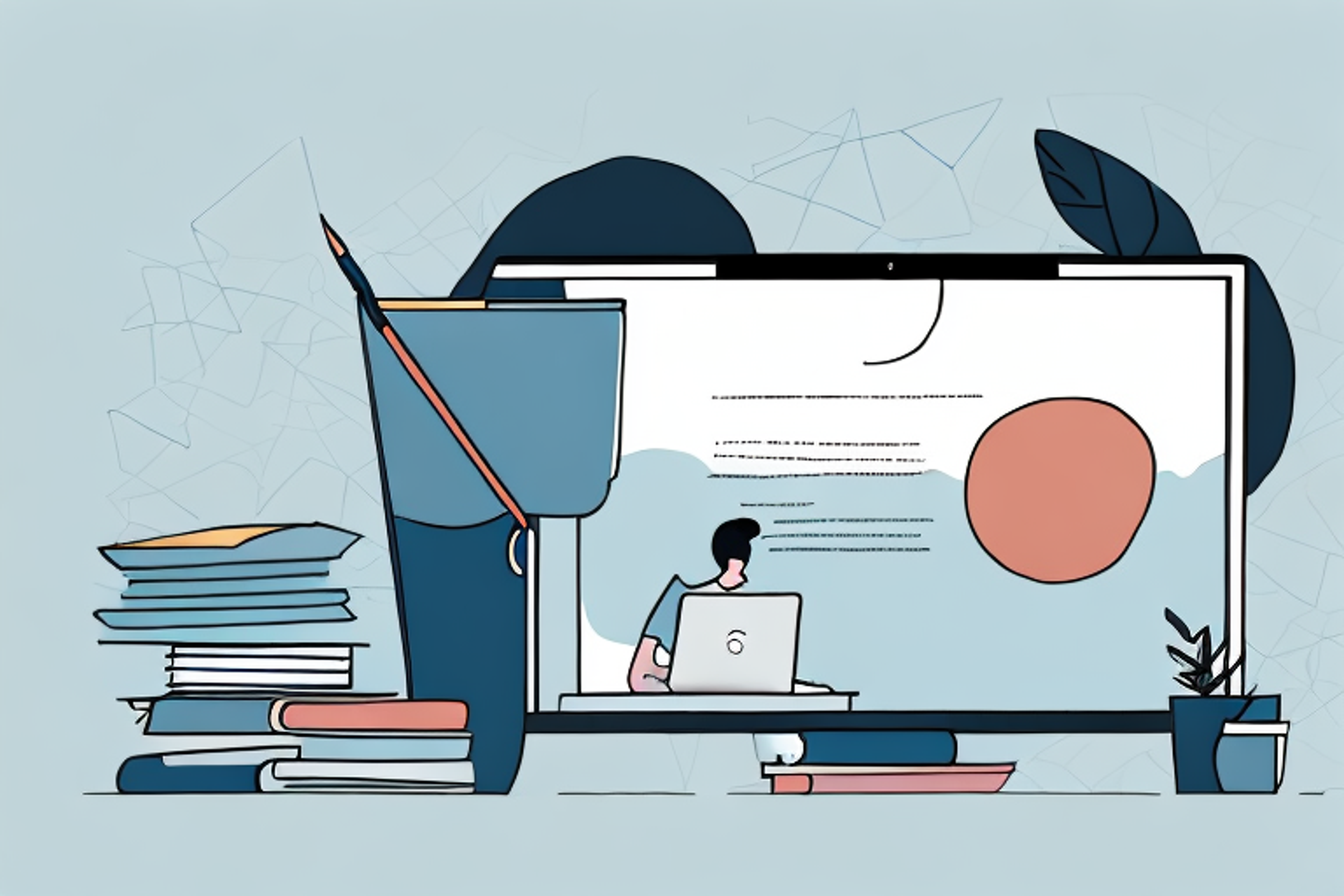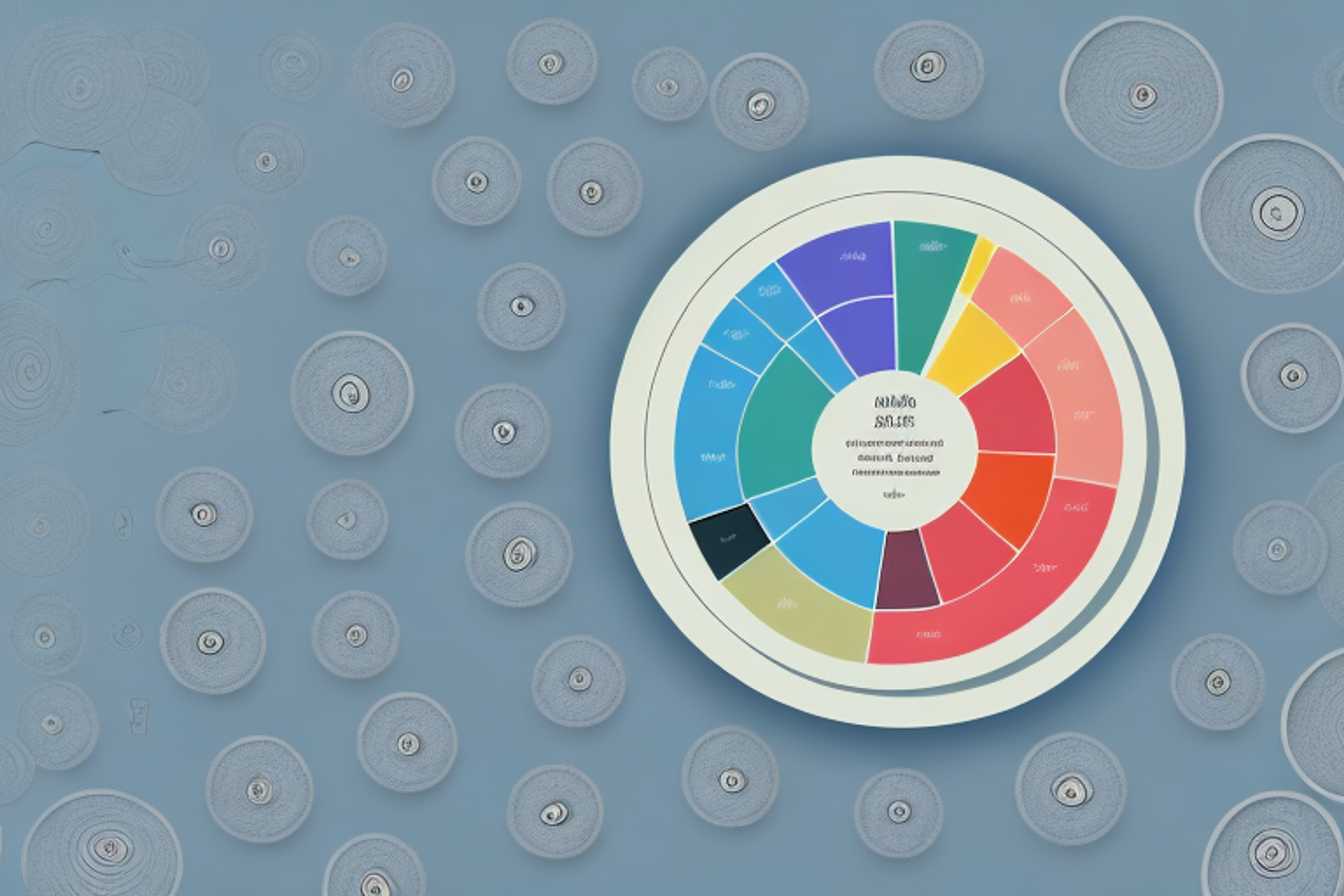How to Prepare for Barclays Investment Banking Interviews
Are you gearing up for Barclays investment banking interviews? Look no further! Our comprehensive guide covers everything you need to know to ace the interview process.
Posted March 6, 2025

Table of Contents
Are you looking to land a job in investment banking with Barclays? If so, you've come to the right place. Preparing for a job interview can be nerve-wracking, but with the right approach, you can crush it and land the job of your dreams. In this comprehensive guide, we'll cover everything you need to know to prepare for a Barclays investment banking interview. Let's get started!
Researching Barclays Investment Banking
Before you can ace your interview, you need to understand the company you're interviewing for. Spend some time researching the history, mission, and values of Barclays. Check out their website, read their latest news, and learn about their culture. Doing so will give you valuable insights about what the company truly cares about and help you tailor your interview answers accordingly.
Another important aspect to research is the specific division of Barclays that you are interviewing for. For example, if you are interviewing for their investment banking division, it would be beneficial to understand the types of deals they have worked on in the past, their current market position, and any recent developments in the industry that may impact their business.
Additionally, it can be helpful to network with current or former employees of Barclays to gain a better understanding of the company culture and what it's like to work there. You can also reach out to your university's career center or alumni network to see if they have any connections at Barclays who may be willing to speak with you.
Understanding the Hiring Process
Knowing what to expect is half the battle when it comes to preparing for interviews. Barclays investment banking hiring process consists of several steps, including an initial phone interview, behavioral interviews, technical interviews, and case studies. Knowing what each of these entails can help you prepare accordingly and perform your best at each stage.
It is important to note that the hiring process may vary depending on the position you are applying for and the location of the job. Additionally, Barclays values diversity and inclusion in their hiring process and actively seeks out candidates from diverse backgrounds. This means that they may also conduct interviews that focus on your experiences and perspectives as they relate to diversity and inclusion in the workplace.
Types of Questions to Expect
Barclays investment banking interviews can be challenging, with many different types of questions that can come your way. You can expect to be asked behavioral questions, technical questions, and case study questions. It's essential to prepare for each of these types of questions and have answers ready to go in advance.
Additionally, you may also be asked questions about your knowledge of the financial industry, your understanding of current market trends, and your ability to work in a team. It's important to research the company and the industry thoroughly before the interview and be prepared to demonstrate your knowledge and expertise.
Crafting the Perfect Resume for Barclays Interviews
Your resume is your first chance to make a great impression on your potential employer. It's essential to tailor your resume to the position you're applying for at Barclays, highlighting your relevant skills and achievements. Make sure to proofread your resume multiple times, and have someone else review it as well.
Additionally, it's important to research the company and the specific job you're applying for. This will help you understand the skills and experiences that Barclays values and is looking for in a candidate. Incorporating this information into your resume can help you stand out from other applicants and show that you have a genuine interest in the company and the position.
How to Ace the Initial Phone Interview
The initial phone interview is typically used as a screening tool to weed out candidates who are not a good fit. You can expect to be asked behavioral questions at this stage, so make sure to have examples ready to go that showcase your skills and accomplishments. Speak clearly and confidently, and be sure to ask questions at the end to show your interest in the position.
It's important to remember that the initial phone interview is also an opportunity for you to assess whether the company and position are a good fit for you. Take note of the questions asked and the tone of the interviewer. Are they respectful and professional? Do they seem genuinely interested in your responses? Use this information to determine if you would be happy working for this company and in this role.
Preparing for Behavioral Interviews
Behavioral interviews are used to gain insight into how you've handled specific situations in the past. The best way to prepare for these types of questions is to think about various workplace scenarios and come up with examples of how you handled them. Remember to focus on specific instances, and use the STAR method (Situation, Task, Action, Result) in your answers.
It's also important to research the company and the position you're interviewing for. Look for information about the company's values, culture, and mission statement. This will help you tailor your answers to align with the company's goals and show that you're a good fit for the organization.
Finally, practice your responses with a friend or family member. This will help you feel more comfortable and confident during the actual interview. You can also ask for feedback on your answers and make any necessary adjustments before the interview.
Mastering Technical Interviews
Technical interviews are used to test your knowledge of finance, economics, and mathematics. Make sure to brush up on your technical skills, study investment banking concepts and the financial markets, and practice solving technical problems. Doing so can help you feel more confident in your abilities and perform better in the interview.
It's also important to remember that technical interviews are not just about your technical skills. Interviewers are also looking for strong communication skills, problem-solving abilities, and the ability to work well under pressure. Make sure to practice explaining your thought process and reasoning behind your solutions, and be prepared to handle unexpected challenges during the interview.
Tips for Excelling in Case Studies
Barclays uses case studies to test your ability to think critically and solve complex problems. Make sure to read the case study carefully, ask clarifying questions, and take your time to come up with a well-thought-out solution. Be sure to communicate your thought process and assumptions as you work through the problem.
Additionally, it is important to consider the potential ethical implications of your proposed solution. Think about how your solution may impact different stakeholders and whether it aligns with the company's values and mission. Don't be afraid to suggest alternative solutions or to challenge assumptions presented in the case study. Remember, the goal is not to come up with a perfect solution, but to demonstrate your ability to analyze complex problems and think critically.
Strategies for Answering Brainteaser Questions
Barclays may also ask you to answer brainteaser questions, which can be tricky. The best approach is to take your time, break the problem down into smaller parts, and communicate your thought process as you work through the question. Don't be afraid to ask for clarification or take a step back to gather your thoughts before answering.
It's important to remember that brainteaser questions are not necessarily about getting the right answer, but rather about demonstrating your problem-solving skills and ability to think creatively. So, don't worry if you don't know the answer right away. Instead, focus on showing how you approach the problem and how you come up with potential solutions. Remember to stay calm and confident, and don't be afraid to think outside the box.
Managing Interview Nerves and Stress
Interviews can be stressful, and it's natural to feel nervous. However, managing your nerves is crucial to performing well. Take some deep breaths before the interview, practice positive self-talk, and visualize yourself succeeding in the interview. Remember, you've got this!
In addition to these techniques, it can also be helpful to prepare thoroughly for the interview. Research the company and the position you are applying for, and practice answering common interview questions. This will help you feel more confident and in control during the interview. It's also important to dress appropriately and arrive early to the interview, so you have time to compose yourself and get settled before the interview begins.
Following Up After Your Interview with Barclays
After your interview with Barclays, it's essential to follow up promptly with a thank-you note. This shows your appreciation for the interviewer's time and reiterates your interest in the position. Make sure to send a personalized note to each interviewer, and keep it short and sweet.
Preparing for a Barclays investment banking interview takes time and effort, but it's worth it. By following the tips and strategies we've outlined in this guide, you'll give yourself the best chance to succeed in the interview and land your dream job.
It's also a good idea to reflect on your interview experience and take note of any areas where you could improve. This will help you prepare for future interviews and increase your chances of success. Additionally, don't be afraid to reach out to your interviewers for feedback on your performance. This can provide valuable insights and help you grow as a candidate.









